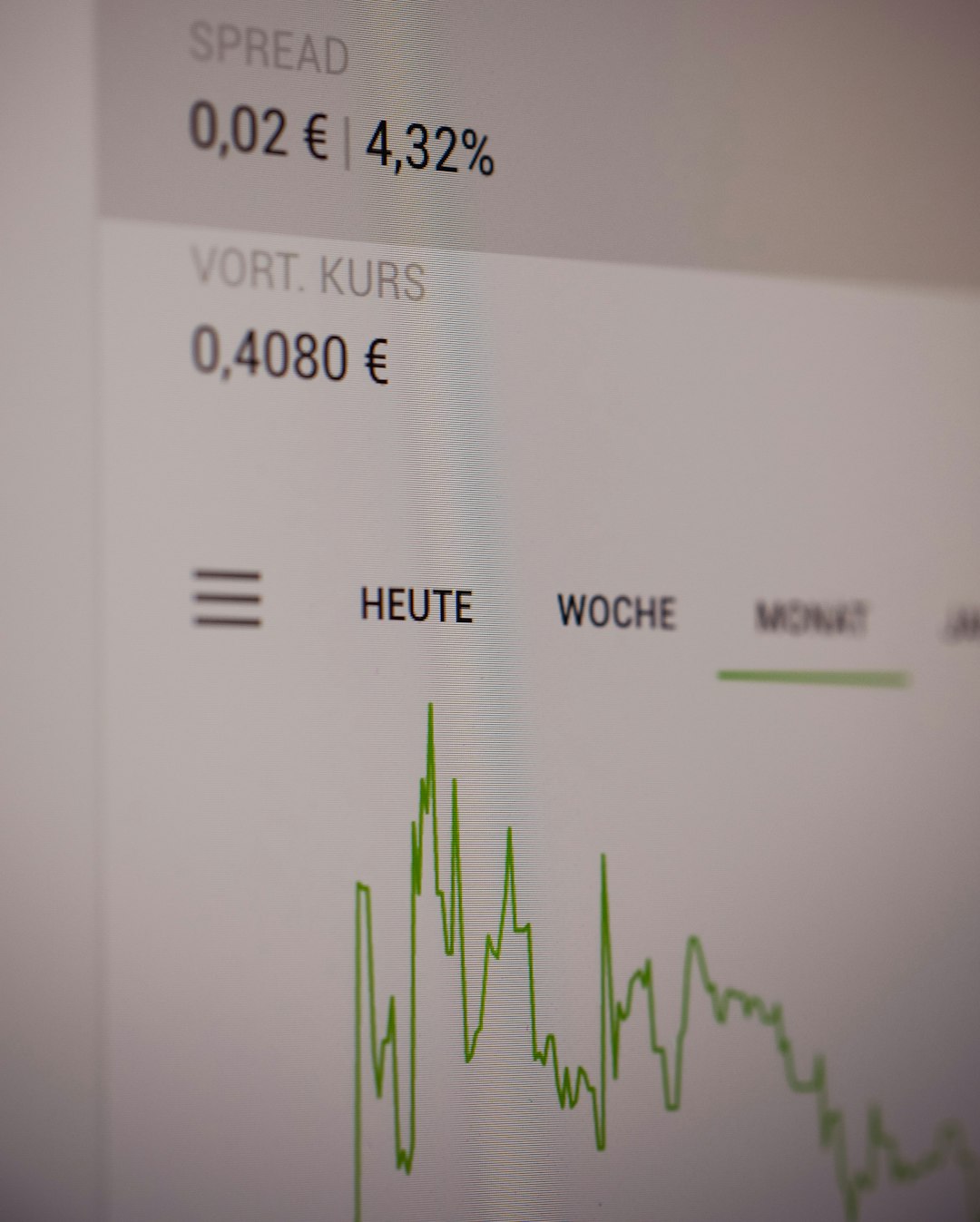Fintech has effectively ushered in a new era with groundbreaking solutions in the financial space. Digital payments, peer-to-peer lending, and user-friendly online investment platforms are efficiently transforming traditional banking. Additionally, they’re broadening credit access and securing low-cost transactions.
Amidst this innovation, the top fintech stocks have encountered turbulence, with many trading near 52-week lows due to operational hiccups and rising interest rates. However, this period of market pessimism, mirrored in low valuations, could signal an attractive buying proposition. Nevertheless, the top fintech stocks discussed in the article represent exceptional investment opportunities.
Block (SQ)
Block (NYSE:SQ) has incredibly transcended its origins as a mere point-of-sale and e-commerce payment processor. The company’s impressive expansion into the dynamic realms of blockchain technology and other verticals has added new layers to its growth story. While the past two years have not been without challenges, the firm’s resilience is evident in its robust financial performance and the positive impact of the cryptocurrency market rally.
Moreover, its third quarter results were telling. SQ shattered Wall Street expectations with aplomb, posting an EPS of 55 cents, surpassing analyst expectations of 47 cents. Its revenue soared to $5.62 billion, swiftly surpassing the anticipated $5.44 billion.
More than just numbers, these figures represent a decisive turn in the company’s fortunes, prompting Block to revise its full-year operating income forecast upward to an optimistic $205 million to $225 million. This leap from a mere $25 million prior guidance speaks volumes about Block’s potential.
As a prominent stakeholder in the digital currency sphere, Block’s fortunes are closely tied to the ebb and flow of the crypto realm. The recent Bitcoin (BTC-USD) rally has been a boon, with the company’s Bitcoin revenue in the third quarter jumping 38% to $2.42 billion.
PayPal (PYPL)
PayPal (NASDAQ:PYPL) stands out in the digital payments arena thanks to its reach and influence. This is only underscored by its extensive market penetration. A testament to its ubiquity is that over 70% of U.S. adults have used PayPal’s services in the last five years. For PayPal, it’s essentially a narrative of consumer confidence and the company’s ability to meet evolving payment needs.
The company’s third quarter performance speaks volumes about its robust growth trajectory. Its adjusted EPS of $1.30 beat its consensus of $1.23 and showed an increase from $1.16 in the previous quarter. Moreover, PayPal’s active accounts swelled to 428 million with transactions per active account jumping to 56.6. This officially marked a 13% year-over-year rise. Additionally, revenue mirrored this upward trend and reached $7.42 billion, exceeding forecasts.
PayPal’s strategic initiatives, particularly those tailored for small businesses, have borne fruit. Innovations, including package tracking, have notably reduced disputes and accelerated fund releases. As a result, this focus on enhancing user experience and engagement has significantly boosted transaction volumes through initiatives like the PayPal Cashback Mastercard and Rewards program.
Adyen (ADYEY)
Dutch fintech powerhouse Adyen (OTCMKTS:ADYEY) continues to make waves in the fintech space. Despite facing fluctuations in market value, Adyen’s powerful unified platform for business payment management stands out for its simplicity and proficiency. The company excels in global payments, offering seamless, scalable solutions that attract high-value clients.
The company’s third quarter performance solidified its position as a leader in the fintech arena. Adyen reported a 22% year-over-year increase in net revenue, reaching €413.6 million, and its processed volume soared to €243.1 billion, up 21%. Notably, digital volumes grew by 21%, with Unified Commerce and Platforms volumes increasing by 25% and 15% respectively.
Looking ahead, Adyen has set ambitious targets that reflect its confidence in continued expansion. The company aims for annual net revenue growth in the low to high twenties percent range, up to and including 2026. Moreover, it projects an EBITDA margin above 50% by 2026, with these targets not only demonstrating Adyen’s commitment to growth but also underlining its potential as a future-ready and promising fintech contender.
On the date of publication, Muslim Farooque did not have (either directly or indirectly) any positions in the securities mentioned in this article. The opinions expressed in this article are those of the writer, subject to the InvestorPlace.com Publishing Guidelines
